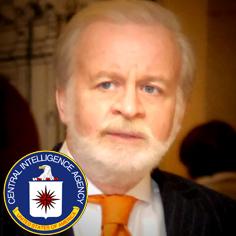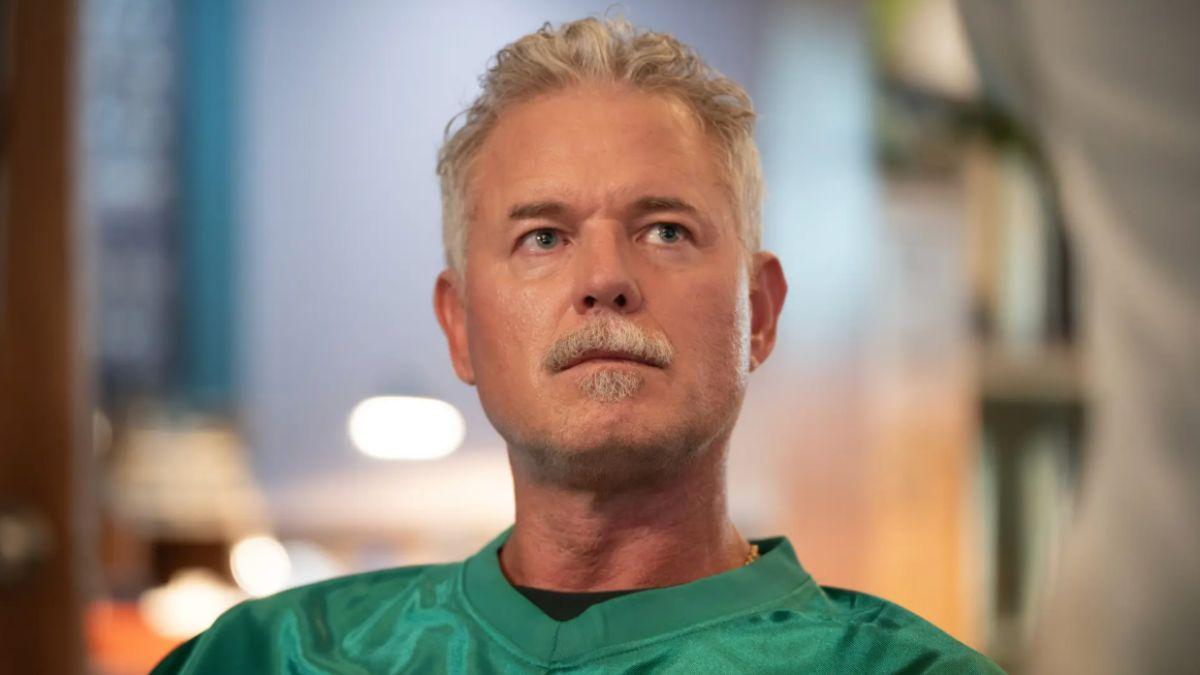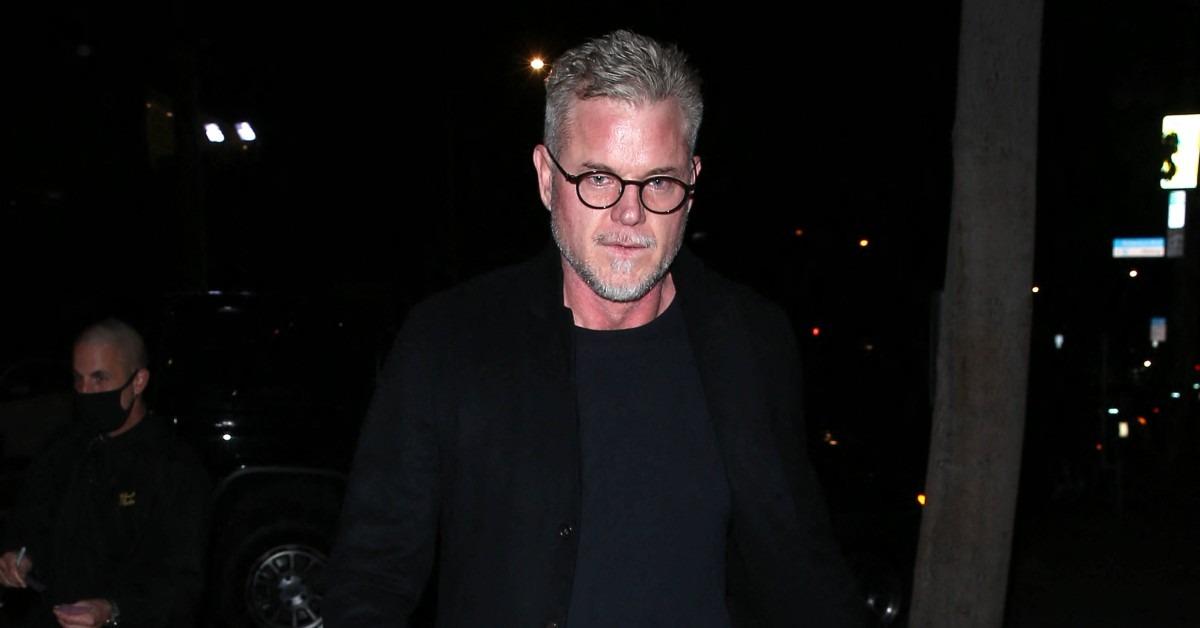Tell-All Book: Ex-CIA Attorney Reveals How Infamous 'Torture Tapes' Were Destroyed Without White House Knowledge

Jan. 9 2014, Published 11:56 a.m. ET
It was one of the biggest scandals of the post- 9/11 era when CIA operatives destroyed video taped recordings of the interrogation of terrorist Abu Zubaydah in 2005. Rumored to include evidence of controversial interrogation techniques, including water boarding, the tapes were at the center of torture accusations against the U.S. government, and their destruction seemed, to many, to be an all-too-convenient means of sidestepping responsibility.
Now, for the first time, longtime CIA attorney John Rizzo is speaking out to tell the truth about the notorious "torture tapes" to the American public once and for all. What really happened to the recordings? And what dark secrets did they hold?? In his new book, Company Man: Thirty Years of Controversy and Crisis in the CIA, Rizzo tells all.
"It was a hell of a story about a hell of a mess," Rizzo, who served as an attorney for the CIA for more than 30 years, writes. "And I knew it better than anyone, since I was the only member of the CIA's top leadership to have been part of the episode from the beginning to just about its end," as the Agency's chief legal advisor for most of the eight years during which the scandal unfolded.
Rizzo first heard of the tapes in late 2002. He explains, "…CIA officers, in a secret Agency detention facility overseas, began videotaping the first top Al Qaeda operative in our custody Zubayadh. He was also the first terrorist subjected to the Agency's Enhanced Interrogation Techniques which included controversial water boarding. The sessions were captured on the tapes, apparently in graphic detail."
Recorded in August, 2002, the tapes mainly "showed Zubaydah alone in his cell, either saying prayers, sleeping, reading, or otherwise … entertaining himself," Rizzo claims. "The res of the tapes showed the interrogation sessions … the scenes were 'tough to watch.'"
Worse, they showed the faces of several CIA employees overseeing the investigation. As such, Jose Rodriguez, the chief of the CIA's Counterterroist Center, began lobbying Rizzo, the acting general counsel of the CIA at the time, for legal permission to destroy the tapes immediately, thereby protect the agents' identities from being leaked to the public. Rizzo says he refused.
"Although I sympathized with Jose's motivations, I thought destroying the tapes was fraught with enormous risk for the Agency," he explains. "Any minimally competent attorney would instinctively react the same way if his client were to come to him seeking the go-ahead to destroy sensitive materials in his possession, even if the client was not under any cloud of suspicion or investigation. Someone does something like that when he has something to hide."
Rodriguez insisted that everything on the tapes was well within legal guidelines, and the CIA had an independent Agency lawyer review the recordings to be sure. Writes Rizzo, "His conclusions, contained in a written report, boiled down to this: The reports were accurate and complete, and the interrogators had done nothing to Zubaydah that was outs the guidelines or not described in the reports."
"But … I made sure to ask him about two things he hadn't covered in his written findings," Rizzo continues. "Were the faces of the interrogators visible? 'Clear as day, and over and over again,' he replied … And what about Zubaydah? 'Up close and personal. Some crying. Some gagging. Just very unpleasant to look at.'"
Rizzo recalls thinking, "No wonder Jose wants them destroyed …" But when Rizzo continued to advise him against obliterating any trace of the tapes, he writes, Jose went "behind my back and destroyed them anyway in 2005."
"In my thirty-four-year career at CIA, I never felt as upset and betrayed as I did the morning it was revealed that the tapes had been destroyed," Rizzo says. "I am convinced Rodriguez did it because he realized, after three years of relentless pleas, that he was never going to get the go-ahead to destroy the tapes. Not from me, certainly."

Unfortunately, it would later be revealed that the White House was not on board with the destruction of the tapes either: "The Director of National Intelligence, two successive White House counsels and the vice president's top lawyer had weighed in strongly against destroying the tapes," Rizzo claims.
The entire debacle did a lot to derail Rizzo's confirmation hearing for General Counsel of the CIA two years later.


